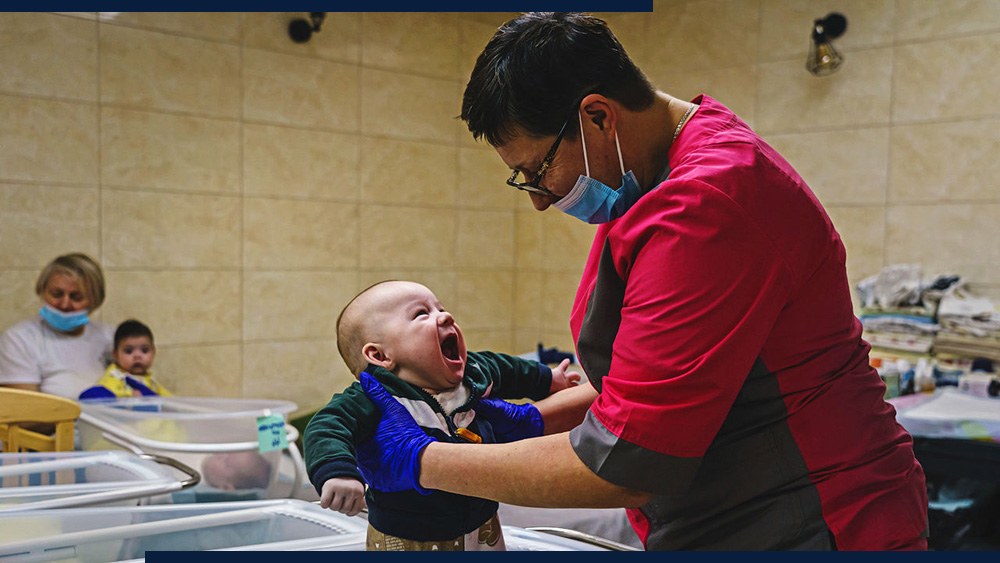What Role Does Society Have to Play in Surrogacy?
For those who cannot conceive naturally, surrogacy—the process whereby a woman carries and delivers a child for another person or couple—has grown to be an increasingly practical choice. Touching on ethical, legal, and social aspects, this practice has generated many arguments all around. Beyond the laws and medical considerations, though, Society’s perspective on Surrogacy is quite important in determining how surrogacy is viewed, carried out, and controlled. That said, navigating the challenging terrain of surrogacy depends largely on this awareness around the world.
Society’s Perspective on Surrogacy
Understanding the perspective on surrogacy
Shaping public opinion is one of the most important functions of Society’s perspective on Surrogacy. Surrogacy is still viewed with suspicion or direct rejection in many civilisations. These viewpoints result from conventional wisdom on family, motherhood, and reproductive rights. Surrogacy questions accepted wisdom in society about what makes a “natural” family structure.
In some conservative countries, for example, motherhood is closely related to the act of childbirth and the concept of another woman carrying a child for someone else can be considered unnatural or unethical. Both the intended parents and the surrogate mother may thus be stigmatized. Conversely, in more progressive societies, surrogacy could be seen as a kind deed, a means of enabling people who cannot have children to enjoy parenthood.
Moreover, the media is very important in forming society’s opinions of surrogacy. Movies, news stories, and TV shows all show surrogacy in a specific light that shapes public opinion of the practice. While negative images can reinforce worries and misunderstandings, positive ones can help to increase acceptance and understanding.
Ethical and Legal Frameworks
The function of society goes beyond simple impressions; it also shapes the ethical and legal frameworks controlling surrogacy. Many nations have laws on surrogacy that directly mirror society’s values and standards. For ethical reasons, for example, some areas strictly control or even forbid surrogacy; in others, it is legal and welcomed.
The ethical issues related to surrogacy are complicated and several. These cover inquiries concerning the child’s rights, the intended parents, and those of the surrogate mother. Society has to deal with questions including whether surrogacy is an empowering decision that lets women control their own bodies or whether it exploits women, especially those from economically deprived backgrounds.
Moreover, the legal situation of surrogacy can differ greatly between nations and even inside of the same countries. Often reflecting the various societal attitudes toward surrogacy, this patchwork of laws in nations where surrogacy is legal, society has an obligation to make sure the procedure is carried out morally under well-defined rules safeguarding all the participants.
Support Networks and Community Acceptance
Supporting systems for all those engaged in surrogacy is another vital function society performs in this process. For the surrogate mother, the intended parents, and even the child, surrogacy is an emotional and psychological journey rather than only a medical process. The responsibility of society is to help these people with understanding and compassion.
Everyone engaged in surrogacy depends on community acceptance for their well-being. Accepting surrogacy helps to create an environment in which the intended parents and the surrogate mother may freely share their experiences without regard for prejudice or judgment. This acceptance also includes the child born via surrogacy, who ought to grow up in a society appreciating their special family structure.
Important elements of society support also are counseling programs and support groups. During the surrogacy process, these aspects can give intended parents and surrogate mothers the psychological and emotional support they require. By helping to normalize these services, society can enable those who require them to find them accessible and acceptable.
Correcting Stereotypes and Misconceptions

Actually, a lot of the time surrogacy is a very altruistic and personal process. Many surrogate mothers decide to carry a child for someone else because they really want to enable others to enjoy parenthood. Likewise, after years of trying unsuccessfully with infertility, intended parents sometimes view surrogacy as a last resort. Society has a duty to inform the people about the reality of surrogacy, so dispelling rumors and advancing a more complex knowledge of the technique.
This process can benefit much from public discussions, seminars, and educational campaigns as well as from Encouragement of honest communication about surrogacy will enable society to help remove the ignorance and prejudice sometimes associated with the practice.
Cultural Sensitivity and Inclusivity
A worldwide occurrence, surrogacy is viewed differently in different cultures. Surrogacy has to be handled by society with cultural awareness, acknowledging and honoring the many points of view and values held by individuals. In cosmopolitan communities where people from many backgrounds could have different ideas on surrogacy, this is especially crucial.
Another absolutely vital is inclusivity. Society should aim to establish a situation whereby everyone, from different religious or cultural backgrounds, can participate in the surrogacy process free from prejudice or exclusion. This covers acknowledging LGBTQ+ couples’ and individuals’ rights to pursue surrogacy in order to start their families. Because of society prejudices, LGBTQ+ couples often have more difficulties finding surrogacy providers in many locations. Society has to strive to remove these obstacles so that, regardless of sexual orientation or gender identification, surrogacy is a choice accessible to everyone.
Surrogacy’s Future in Social Life
The role society plays in surrogacy will probably become even more important as medical procedures and technology develop. Reproductive technology advances could make surrogacy more available to a wider spectrum of people, thus society will have to change with them.
In the future, society’s involvement might also include pushing for more uniform and moral surrogacy standards all around. Currently, especially in nations with less developed legal systems, the absence of international rules can result in exploitative methods. Society has to demand worldwide norms that uphold the rights and welfare of all the people engaged in surrogacy.
Furthermore, as surrogacy grows more prevalent, society will have to keep changing its view and acceptance of several family configurations. This covers acknowledging the rights of children born via surrogacy and guaranteeing that they receive the same dignity and respect as any other child.
Final words
Surrogacy involves society in a complex and profoundly influential capacity. From impacting legal systems and attitudes to supporting and dispelling misunderstandings, society is very important in determining how surrogacy is practiced and seen. Society has to keep participating in the dialogue as surrogacy develops to guarantee that the technique is carried out ethically, inclusively, and with compassion for all the engaged parties. By doing this, society can contribute to creating a world free from stigma and discrimination where surrogacy is a respected and approved way of starting families.



